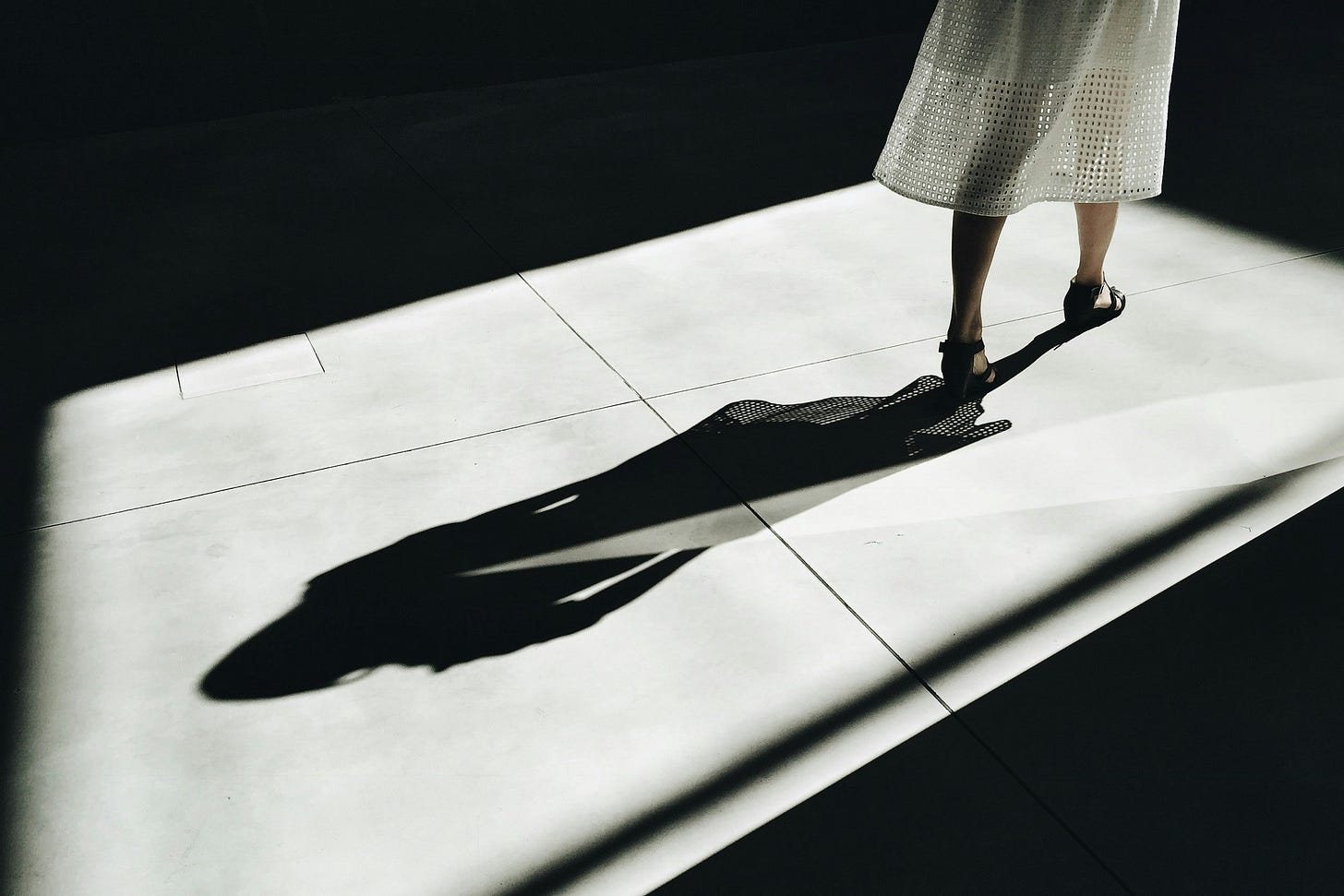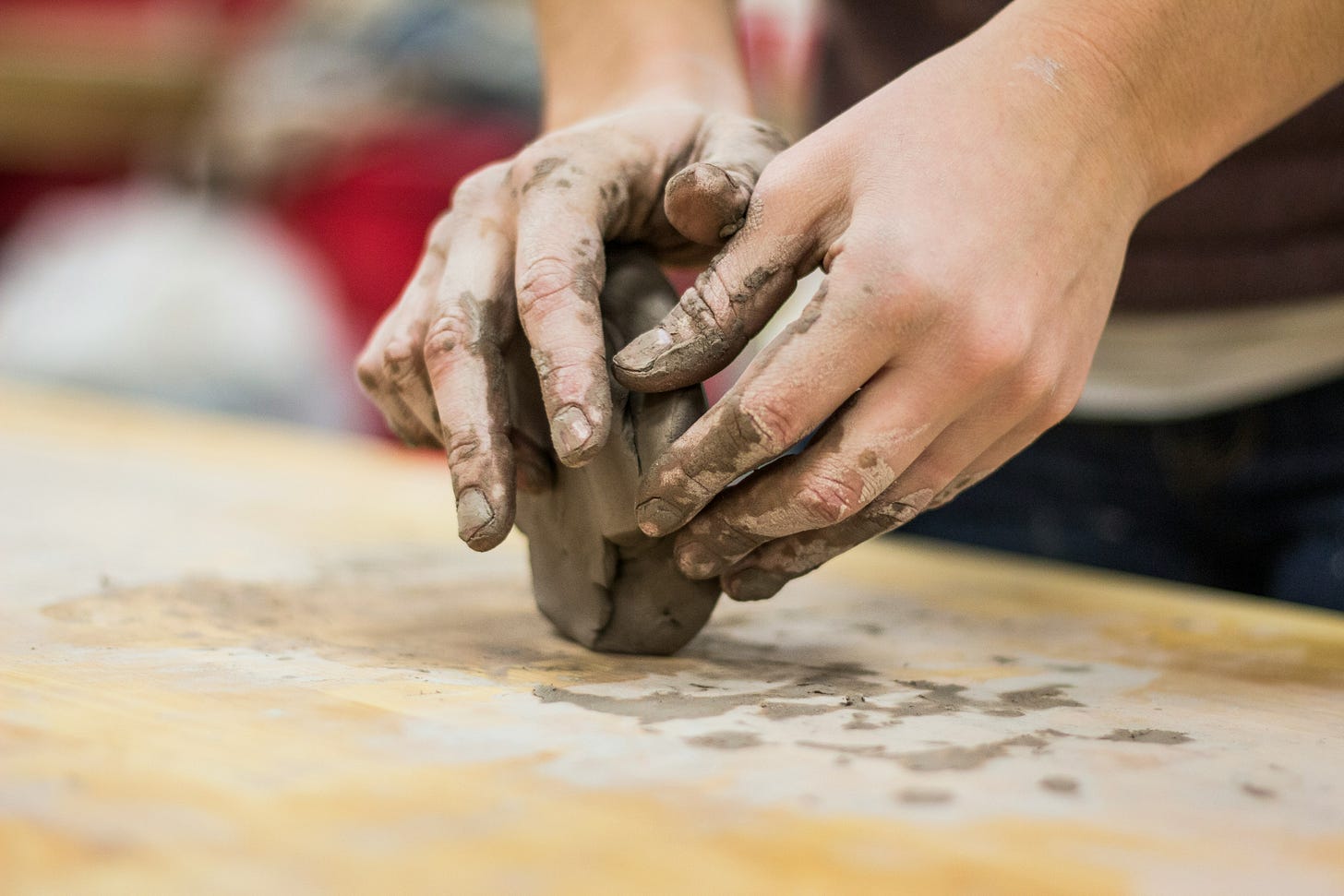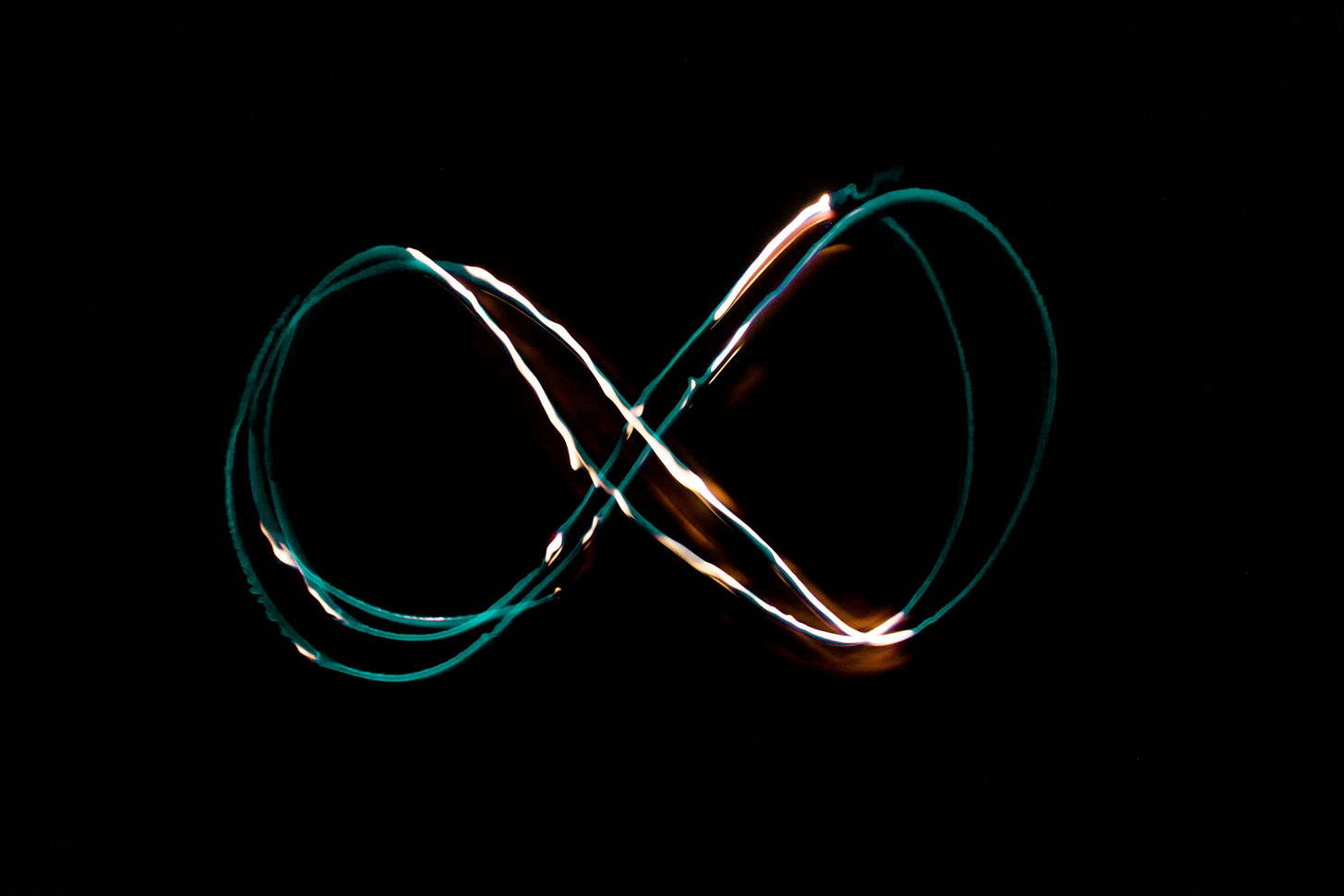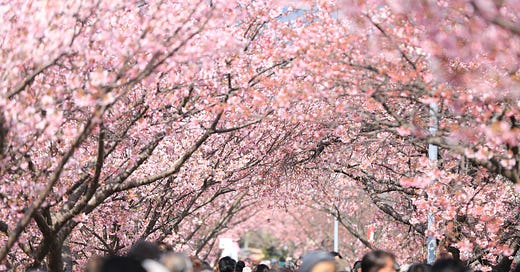
"One of the basic rules of the universe is that nothing is perfect. Perfection simply doesn't exist.....Without imperfection, neither you nor I would exist."—Stephen Hawking.
Everything is flawed.
Me, you, our relationships, families, organizations, our models and framework, humanity as a whole—the whole universe is flawed.
These imperfections and flaws make life so beautiful and unique. Yet, we spent so much energy and time seeking perfection.
"The perfect blossom is a rare thing. You could spend your life looking for one, and it would not be a wasted life."
This is what Katsumoto says to Nathan Algren in a scene of "The Last Samurai". The quest for perfection can consume us if it's only focused outward. Nothing is perfect in the universe.
Yet, when turned inward, the quest for perfection becomes an entirely different thing. It's no longer about finding perfection but recognizing the marvel of imperfection.
That's why the quest for perfection is a lifelong, never-ending practice.
"Perfect. They… are all… perfect…"
These are the last words of a dying Katsumoto looking at the cherry blossoms floating around him.
Everything is flawed. Everything is perfect.
We Are Beautifully Flawed

"How can I be substantial if I do not cast a shadow? I must have a dark side also if I am to be whole."—Carl Jung
It was the third day of my first pilgrimage along the Via Francigena in Italy. I was sharing the experience with a group of men, some of whom I had known before and others I had met at the starting point. I joined that experience because my friend Luca, the facilitator, invited me. And because I was desperately looking for something, even though I didn't know what it was. Until that third day, the experience had been pretty enjoyable: the nature on the Italian hills was gorgeous, the walking was pleasant, and the company was intriguing. On that third day, it was mid-morning, and we were walking in pairs on a small countryside road. It was sunny and warm. On our right, a long stretch of cypresses witnessing our steps. On the left was a field where some plants I couldn't recognize were growing. I was paired with my friend Stefano. I already knew him because we met a few months before. But I didn't know him because we never talked about personal stuff. After a few pleasantries, he went straight to the point and told me I was brilliant and fun. He also told me that I was trying too hard to be brilliant and fun, and that was pushing him away. My heart sank, and I felt like someone punched me on the solar plexus. I wanted to run away, but something made me stay. And with Stefano's help, I started to dig.
I realized I was so used to being a good guy since childhood that I got stuck in that role. I convinced myself that being "the good guy" was the main reason why people loved me. So, for years, I practised the part. And that meant to seal any potential shadows away. I wanted everyone to see only the lights. I was deliberately ignoring my shadows and flaws. But they didn't go away just because I ignored them. I was just neglecting my wholeness. And I was tired. I needed to feel whole. On the pilgrimage, we had an agreement; anytime anyone felt the need to share something, he could call for a circle, and we would all stop in the first viable place to listen to him. So, I called a circle. We formed a circle, standing on a patch of grass in the middle of a roundabout. And I let it all out. I shared all my mistakes, wrongdoings, shadows and flaws. I wanted them to see me fully. By doing that, I started to love myself again.
We are all born unique.
But then we do our best to become perfect, hiding our flaws so the world can see only our qualities and talents. In doing so, we may lose part of our wholeness—we may lose our muchness.
How much simpler would life be if we accepted that everything is a work in progress and, therefore, imperfect and flawed?
What if the perfection we aspire for is just the recognition that everything is beautifully flawed?
We Are Endless Prototypes

When you want to create a new product or service, you typically go through a design phase; then, you begin experimenting and prototyping until you get something good enough to be released into the world. James Dyson made 5127 prototypes before getting his famous vacuum cleaner.
Prototypes are experiments; as such, they are not mistakes but just steps of a learning and creative process. They help the creators move forward until they find what they want, the end product.
We are all prototypes of a vast experiment called life.
An experiment led by the universe, nature, god, you name it.
Unfortunately, because we are so bright, we convince ourselves of being the final product. And so, anything that does not conform to our idea of the product "human being" is considered an error and is discarded. We make people feel wrong because they don't fit the product's standards.
But we are no products.
We don't even know what the product is, should be, or will be. As Neil deGrasse Tyson - a famous American astrophysicist and science communicator - says, "The Universe is under no obligation to make sense to you." So, we don't know what the universe is trying to achieve with all these prototypes. We have no idea what kind of product the universe is aiming for. What we call flaws may just be new features in development. We are all part of this vast experiment called life in which everyone is a prototype.
Prototypes are never wrong; they are just steps in a process.
Wherever you are in life, whatever you are going through, you are not wrong. You are a prototype. We all are.
We Are Forever Becoming

Close is what we almost always are: close to happiness, close to another, close to leaving, close to tears, close to God, close to losing faith, close to being done, close to saying something, or close to success, and even, with the greatest sense of satisfaction, close to giving the whole thing up. Our human essence lies not in arrival, but in being almost there. — from Close by David Whyte
Life is an endless journey of becoming.
Becoming is an essential part of being.
I would even dare to say that they are the same thing.
If you're alive, you are becoming.
If you're not becoming, you are not "being" either.
Psychologist Dan Gilbert discovered that people vastly underestimated how much change they would experience in the future despite being aware of how much they had changed in the past. He calls this flaw in perception the "end-of-history illusion," the idea that we are where we need to be so there won't be so many changes in the future. He says, "Human beings are works in progress that mistakenly think they're finished. The person you are right now is as transient, as fleeting and as temporary as all the people you've ever been. The one constant in our life is change."
I am becoming.
I wonder if I should stop asking myself "who I am" and, instead, inquire "who am I becoming?"
I know that I am becoming someone, consciously or unconsciously.
So, who? Who am I becoming?
Who are you becoming?
Knowing and accepting that we are always becoming, always getting closer to who we are meant to be, removes all the pressure to be perfect.
We are in effect, always, close; always close to the ultimate secret: that we are more real in our simple wish to find a way than any destination we could reach: the step between not understanding that and understanding that, is as close as we get to happiness. — from Close by David Whyte (source)
How To Harness the Magic of Imperfection
Three practices or attitudes have helped me massively harness the magic of imperfections and support me through my never-ending journey of becoming.
Humility
Humility is an extraordinary virtue through which I recognize my own limits, escaping from any form of arrogance or oppression.
It is the acceptance that my beliefs and opinions could be wrong.
It is acknowledging and embracing my own humanness, with all its imperfections and beauty.
When I do that, I release judgment on myself and others, I am more open to learning, and I am less worried about my own flaws.
Compassion
We all are on this same bumpy ride called life.
We slip, we fall, we bleed, sometimes we get lost.
We are all flawed.
We all are endless prototypes and forever becoming.
Compassion is about seeing perfection in the imperfections of others.
Curiosity
So many things are impossible.
Until something or someone shows that they are not.
The boundary between possible and impossible depends on our knowledge, experiences and beliefs.
Curiosity is about seeking possibilities in flaws.
You may have flaws, but are not wrong; you are just becoming.
With love and gratitude,




